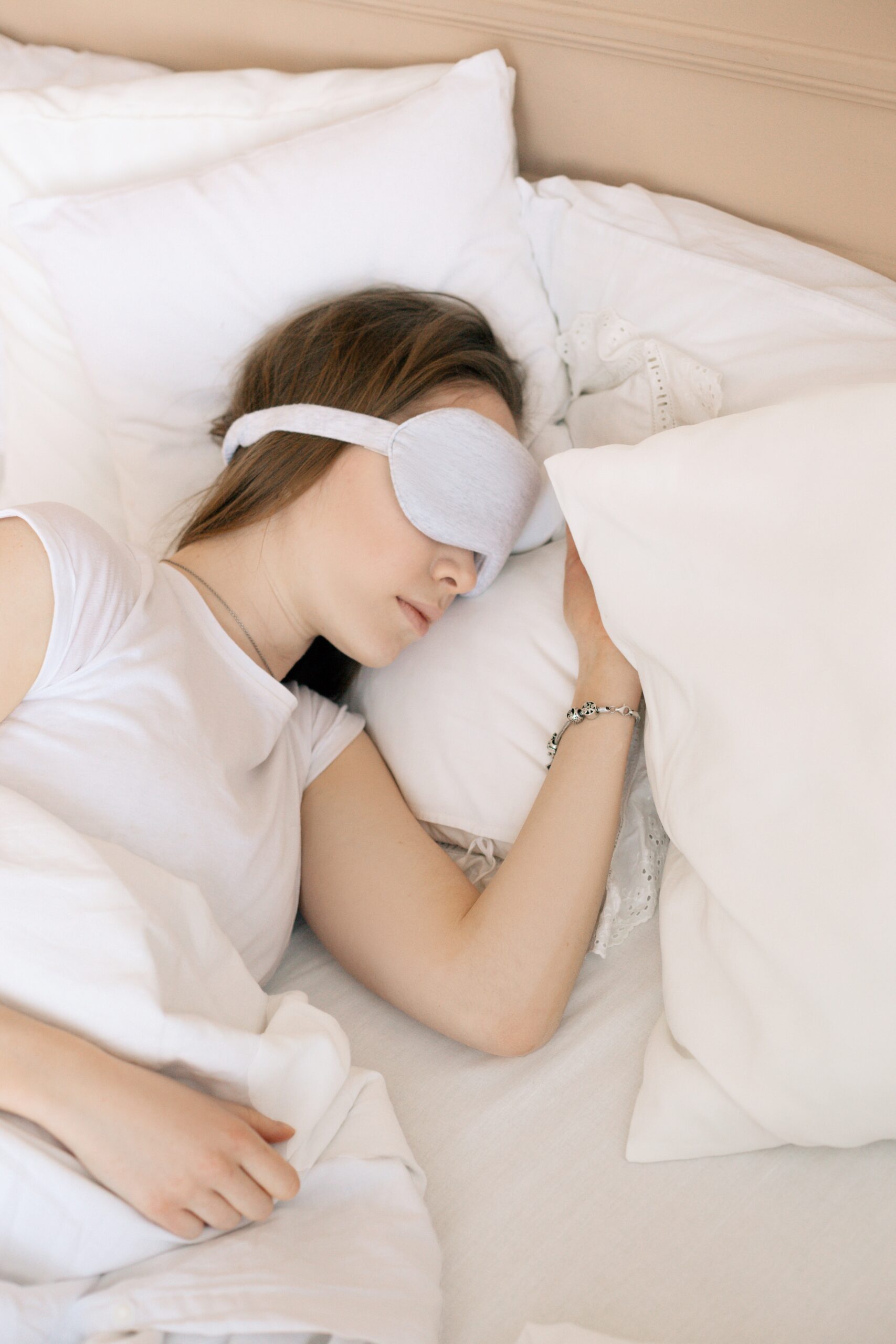
Better Sleep = Less Disease
We all have heard how important sleep is to our health. But, do you actually know why?
Sleep affects almost every type of tissue and system in the body including immune function, mood, metabolism, brain, heart, and the respiratory system.
Getting adequate stages of sleep not only affects how we feel physically, but also affects how we think, react and affects how well we regulate our emotions. Most adults need 8 hours of uninterrupted sleep to gain all of the benefits.
There are two main phases of sleep: rapid eye movement (REM) and non-REM sleep. The cycle starts over approximately every 90 minutes. Usually there are four to six cycles per night.
Non-REM sleep has three stages, Stages 1-3. Stage 1 is the transition between wakefulness and sleep. When you reach stage 2, you are asleep. Stage 3 is deep sleep or slow-wave sleep, you usually spend more time in this stage early in the night. Deep sleep is restorative for the body, boosts memory consolidation and learning, increases growth and cell regeneration, supports your immune system and increases energy levels. Brain activity during deep, non-REM sleep is ideal for the brain’s glymphatic system to cleanse itself of toxins. If this cleansing does not occur long term, it can cause issues with brain functioning and may even be linked to Alzheimer’s disease.
Chronic lack of sleep increases the risk of obesity, diabetes, depression, high blood pressure, and cardiovascular disease and events. Studies have shown that not getting enough quality sleep can lead to high levels of hormones that control hunger, decreased ability to respond to insulin, increased consumption of fatty/sweet/salty foods and metabolic syndrome. All of these can contribute to overweight and obesity.
Some people may think they can “catch up” on sleep over the weekend, but this is usually not enough if the lack of adequate sleep is significant during the week. In fact, it’s very important for your internal clock and circadian rhythm to keep a similar sleep and wake time daily and not differ too much from weekday to weekend. Our internal body clock operates on a 24 hour cycle known as the circadian rhythm. The circadian rhythm responds to light and dark cues. For example, bright light sends cues to your body that it is morning and you should be awake. This is part of the reason it is so important to avoid bright or artificial lights in the evening before bed. These cues that affect our circadian rhythm also affect hormone regulation of cortisol (the stress hormone) and melatonin.
So, what can interfere with adequate sleep? The most common things that may disrupt restful sleep include screen time late at night, too much caffeine or caffeine close to bedtime, alcohol, blood sugar imbalances, stress, electromagnetic field radiation, eating too close to bedtime, and exercising too close to bedtime.
Tips for better, more restorative sleep:
- Morning sunlight within 1 hour of waking (without sunglasses) x 10 minutes
- No caffeine within 10-12 hours of sleep
- Eat dinner 3 hours before bedtime
- Avoid alcohol
- Avoid screen time 1-2 hours before bed
- Develop wind down routine such as Epsom salt bath and reading prior to bed
- Sleep with phone on airplane mode or off.
References:
15100 Washington St. Suite 201, Haymarket, VA 20169
(571) 222-5530 | M-F: 9am – 7pm
©2025 Arkhé Functional Medicine | Designed by Blush Cactus
Privacy Policy
Cookie Policy